Articles
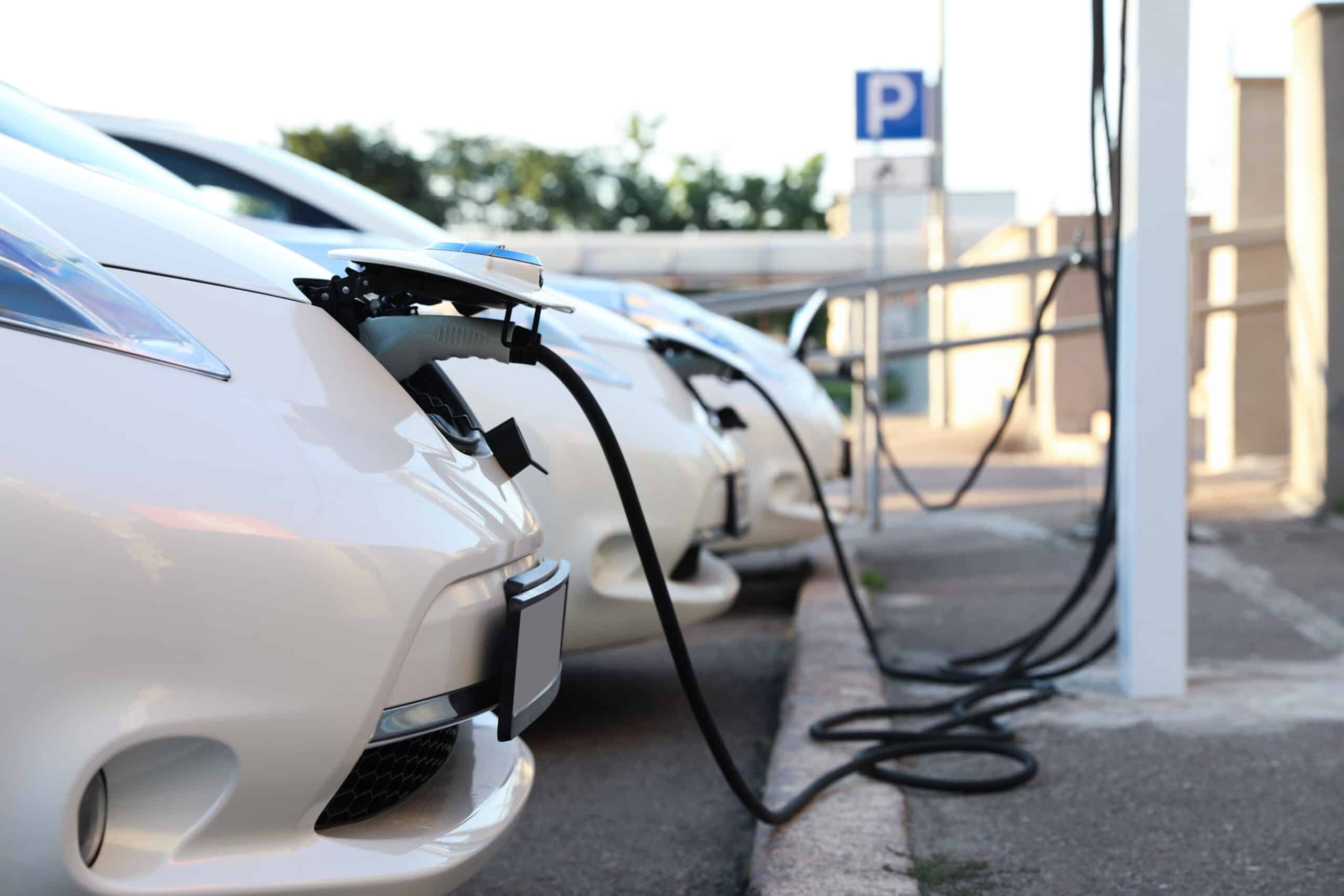
This article is for fleet managers, sustainability managers and zero emission fleet transition specialists who want to learn about: The Risk of a Simplistic Approach to Fleet Electrification The goal to transition to zero emission vehicles is a challenge for many fleet and sustainability managers of transit fleets, school buses, government fleets, utility, logistics and […]
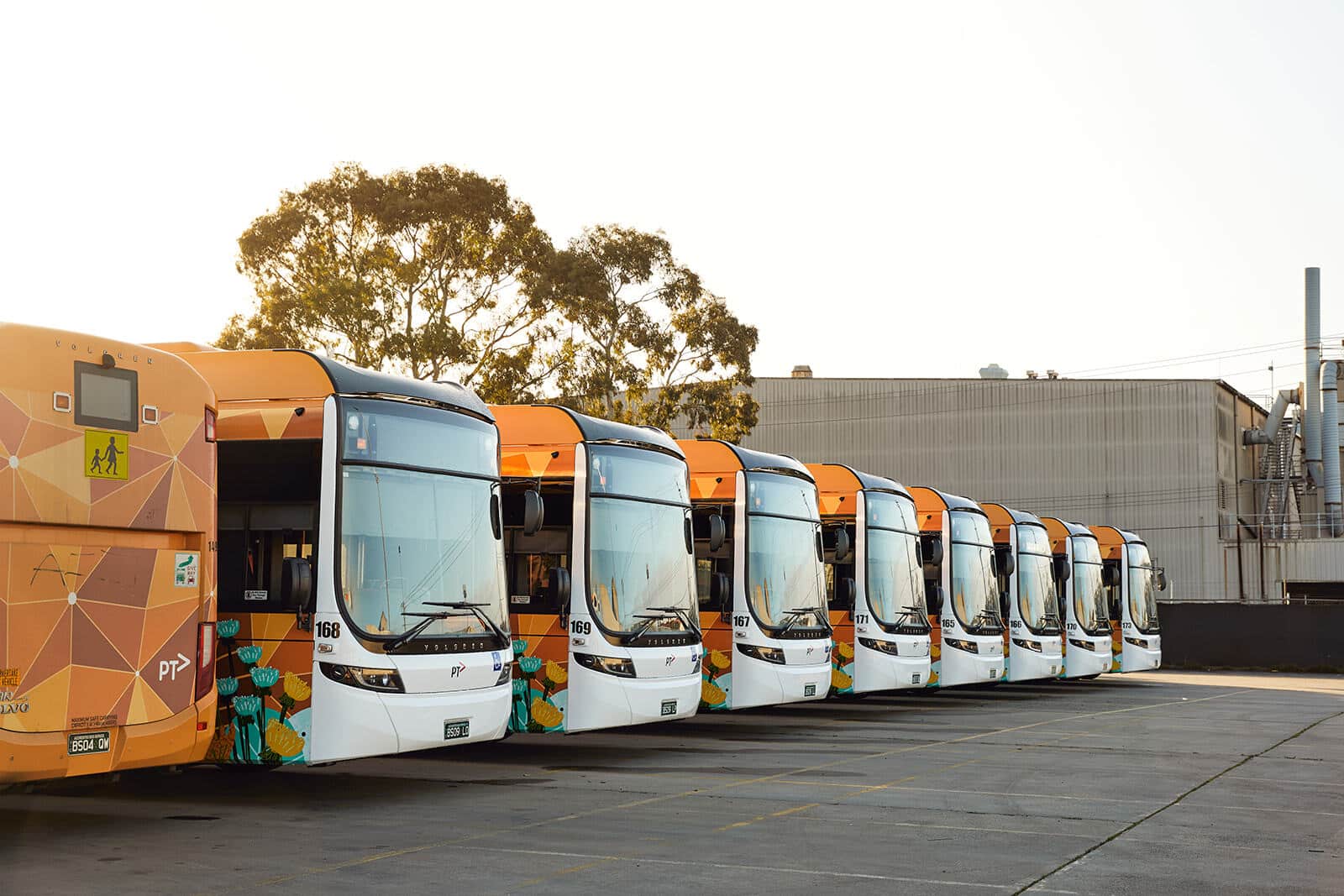
As part of the Victorian Government’s zero-emission bus trial, nine electric buses and the associated charging infrastructure were deployed at a bus depot in Melbourne – see how an electric fleet was introduced while avoiding a grid upgrade with smart charge management software.

Environmental objectives permeate through every industry and logistics is no exception. Currently, macroeconomic factors such as high fuel prices, economic uncertainty and supply chain disruptions are adding to the already complex job of fleet managers. Suppliers of the industry, such as truck manufacturers, are struggling to provide products and services, and the real competition isn’t […]
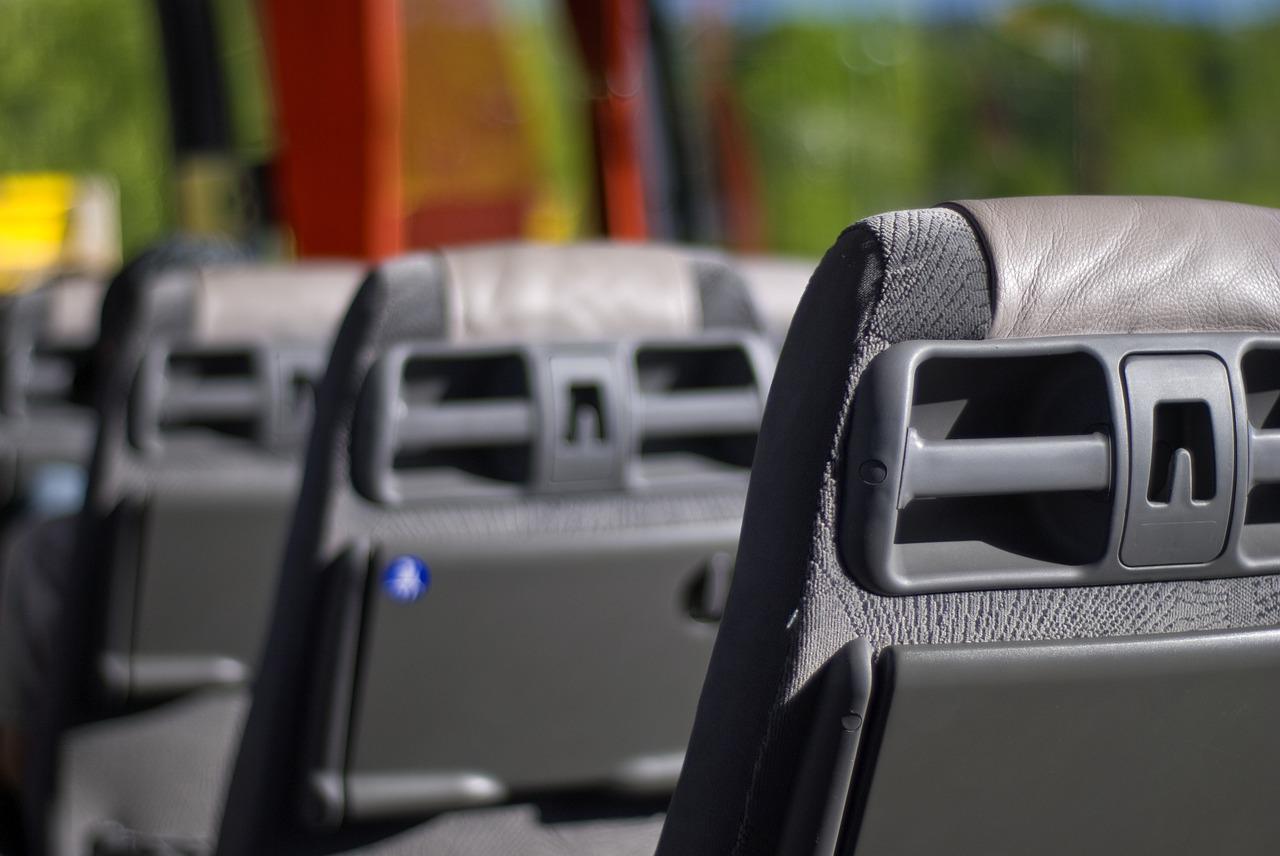
There is about to be a huge amount of money spent on transitioning the nation’s bus fleet to zero emissions. The looming question is how to spend this money most productively, and in a way that does not create stranded assets or waste. There is a large amount of dynamism in the zero emission bus […]

Transit Dispatches • March 16, 2022 • by Sasha Pejcic and Daniel Hilson • https://www.metro-magazine.com/10163436/are-zero-emission-buses-the-netflix-moment-for-the-transit-industry Anyone who is honest from the zero-emissions vehicle industry will tell you that we are still at the DVD moment in this industry and that the ultimate “streaming service” is yet to come. Netflix emerged in 1997 as a mail-order […]

10 Top Tips for a Successful Transition Since the US Government’s commitment to achieve net-zero emissions by 2050, transit agencies across North America are focusing on the adoption of zero emissions technology for their fleets. While this is a must-have for the transportation industry, planning a zero emissions bus network can bring new challenges. A […]
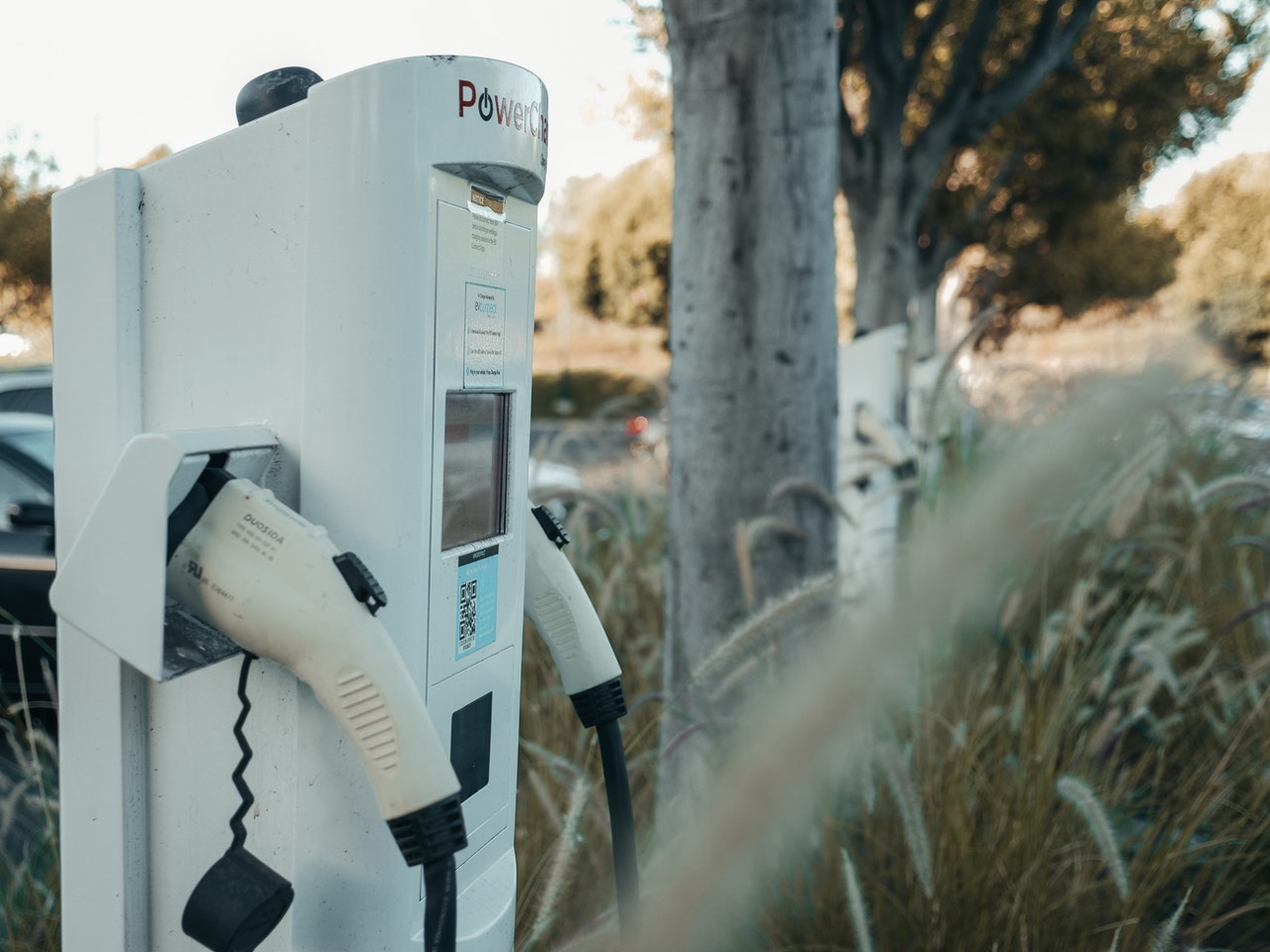
The term ultra low emissions vehicle—or ULEV—is a designation given to any road vehicle that emits less than 75g of CO2 per kilometre. This can be achieved using various technologies. A growing number of new cars are designed to meet ULEV emission standards. Examples include: Fully electric vehicles Hybrid electric vehicles Range-extended electric vehicles Hydrogen […]
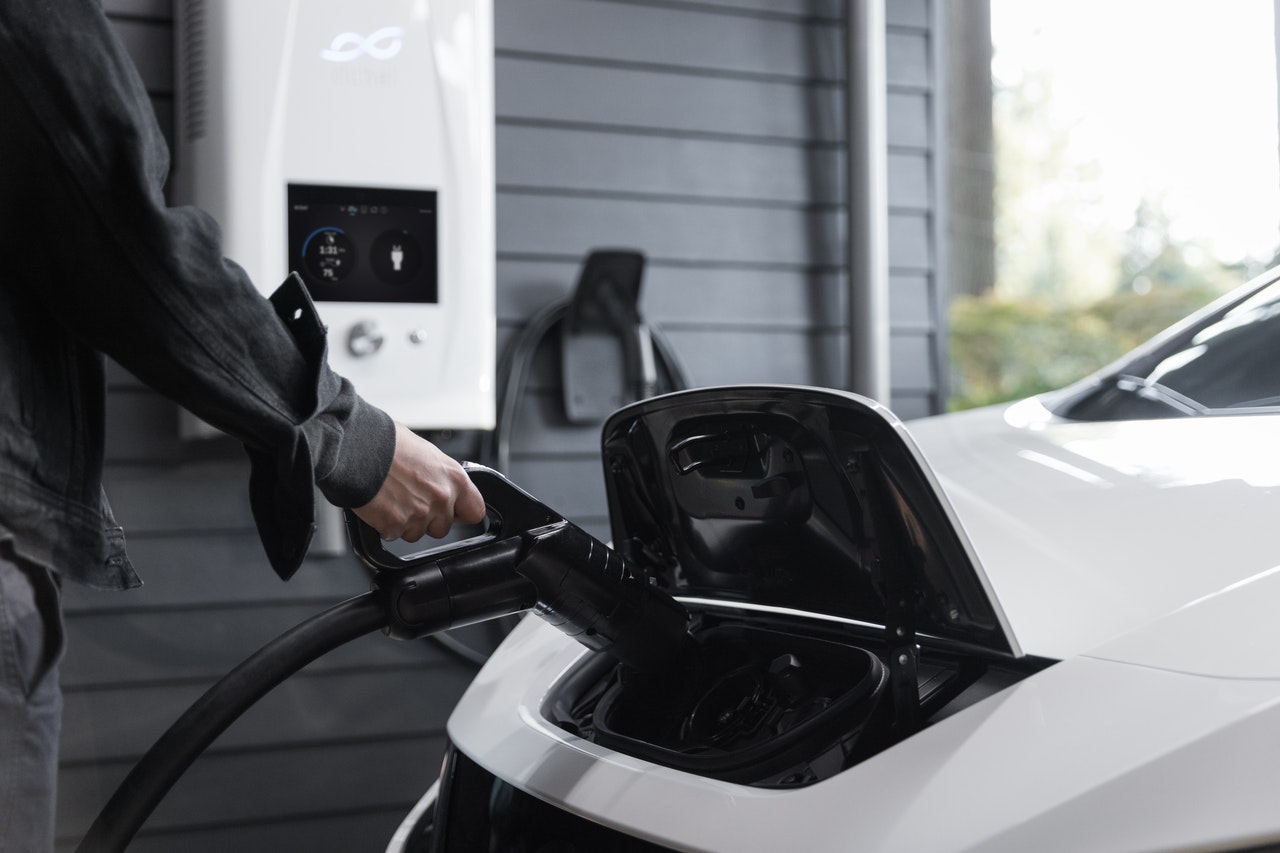
ZEV stands for zero emissions vehicle. It is an increasingly popular solution for organisations looking to transition to a better, greener, and more sustainable fleet of vehicles. Evenergi will help you avoid common pitfalls as you undertake your migration to an optimised ZEV fleet. As the name indicates, zero emissions vehicles do not release greenhouse […]
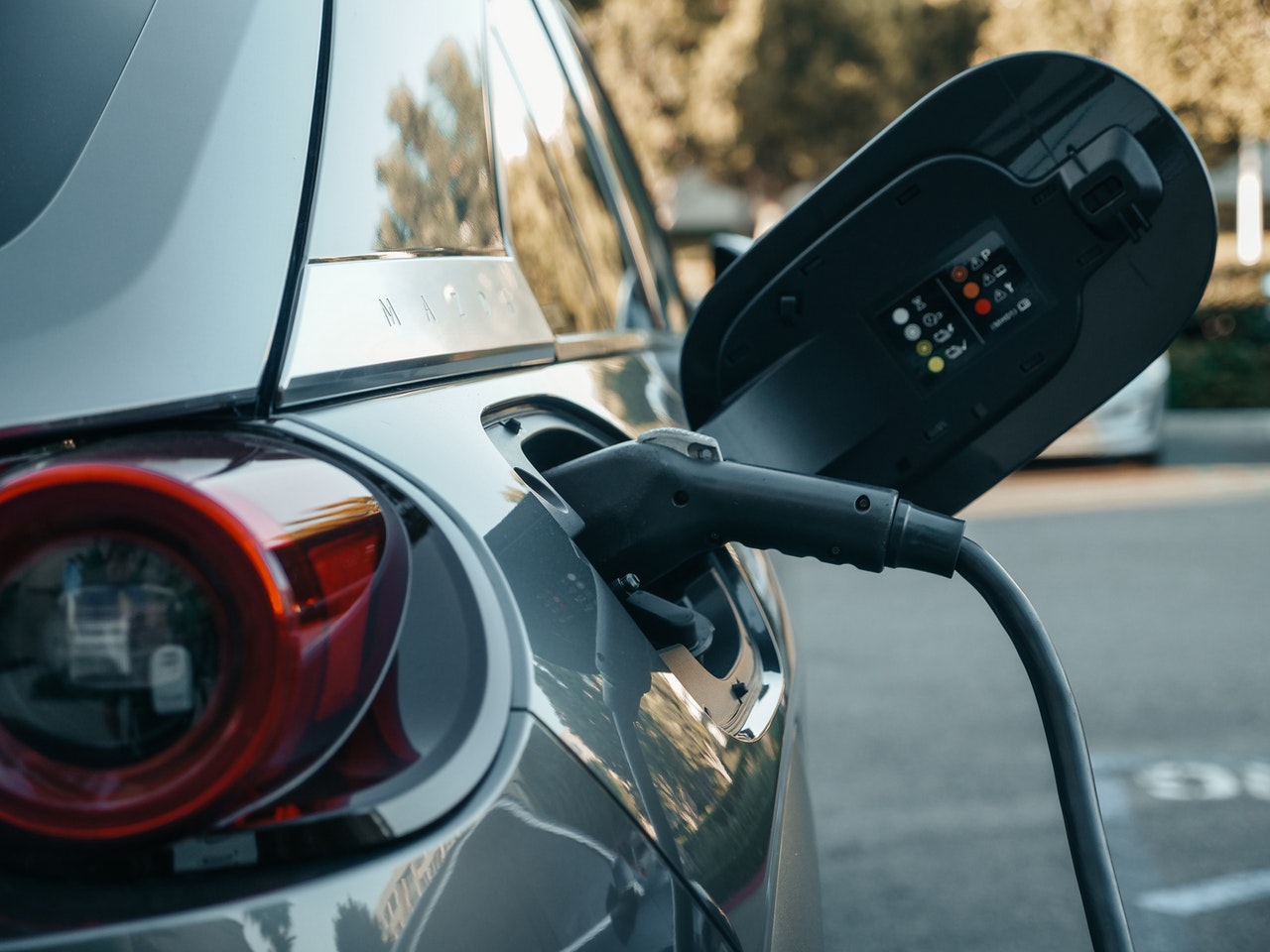
When discussing electric vehicles—particularly electric buses, trucks, and other transport vehicles—the importance of reliable data cannot be overstated. It informs every major decision you make, from procurement and adoption to integration and long term fleet management. At Evenergi, we specialise in gathering complex data sets and converting them into accurate insights that can be applied […]
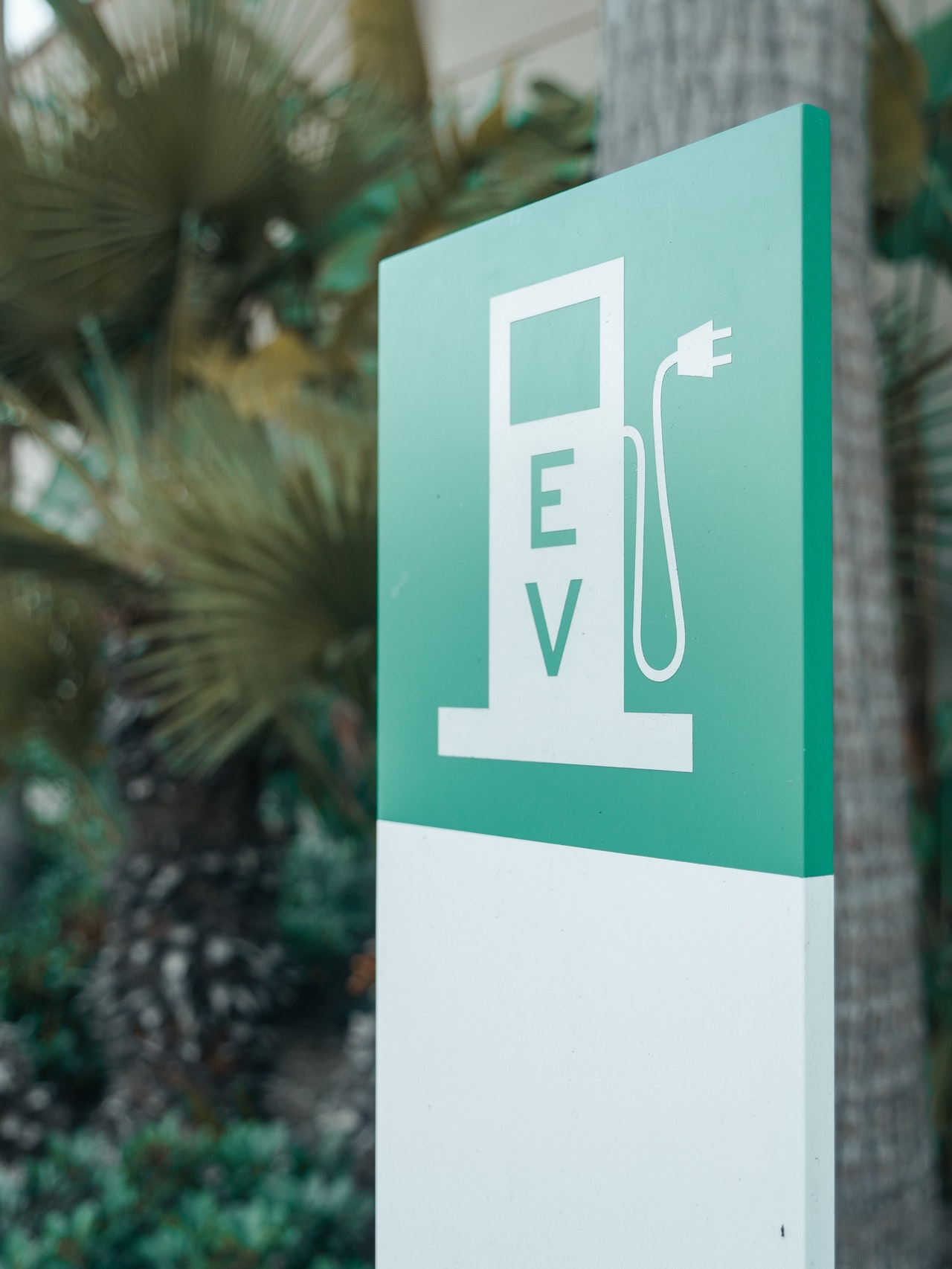
Vehicle fleets that run on petrol or diesel fuel are among most significant factors behind the current climate crisis. That’s why governments and companies around the world are taking steps to limit the carbon emissions produced by fleet vehicles such as buses and cargo trucks. The rise of electric vehicles represents an enormous opportunity. Fleet […]
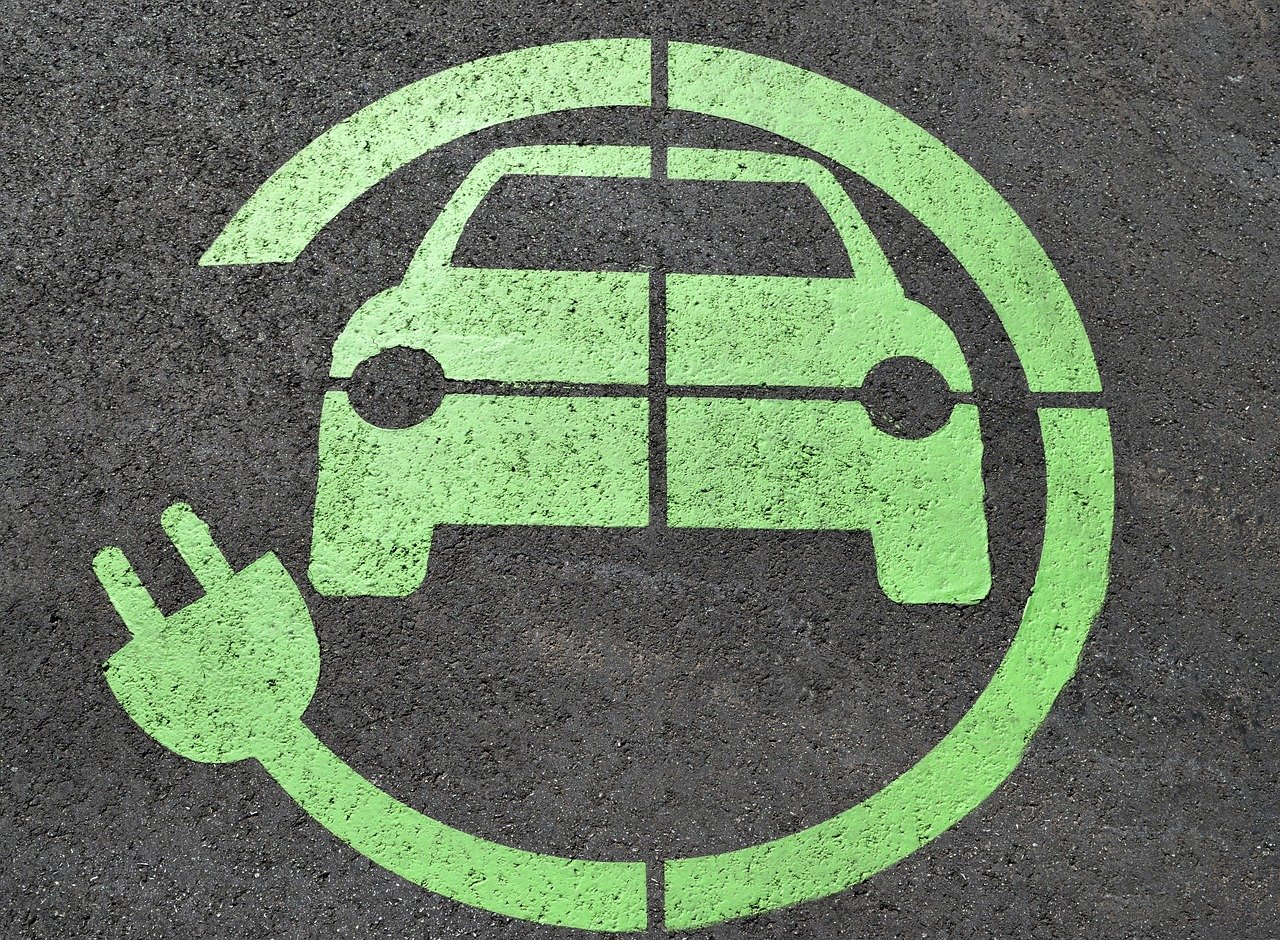
Transitioning your fleet to electric vehicles is the core of what we do at Evenergi. EV transition is one of the most significant actions you can take to proactively combat climate change. It is also one of the most elaborate. We’re here to help. Whether you’re looking to adopt a fleet of fully electric buses, […]
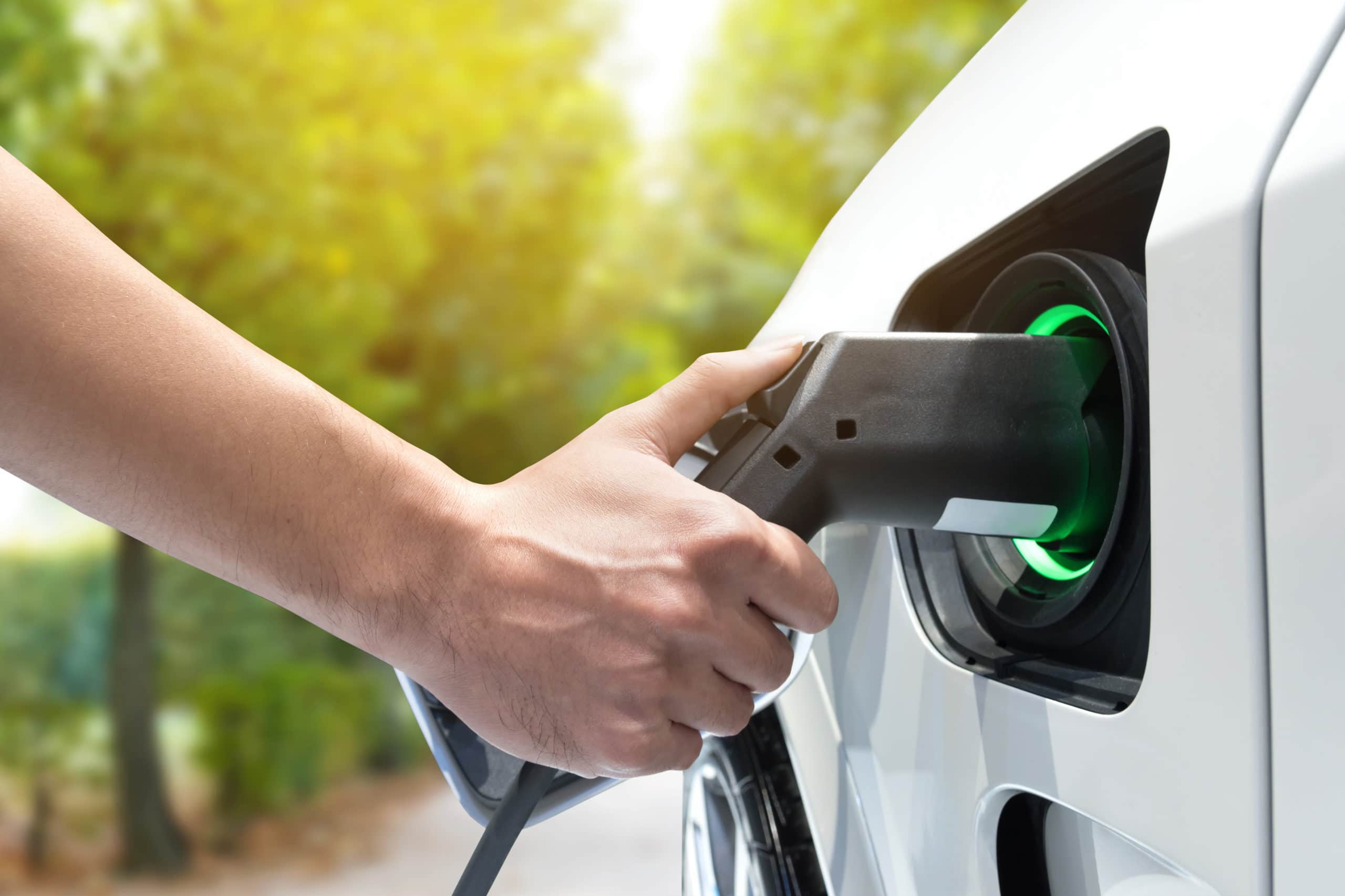
A detailed overview of the specific measures being taken, or having been announced by each state around charging infrastructure network funding in Australia

Globally, many countries and corporations have set targets to reduce their carbon emissions. Buses which primarily run on diesel are a large contributor to carbon emissions and are a low hanging fruit for achieving carbon reduction targets. In addition to their contribution to global pollutants, diesel powered buses are a significant contributor to local pollutants […]

Pollution – both local pollutants and global carbon emissions – are a growing cause for concern and heavy transport vehicles are a significant contributor. Noxious pollutants from diesel trucks directly affect the health of the community and the enjoyment of public space. Arresting this environmental and health damage is imperative and EV fleets offer hope. […]
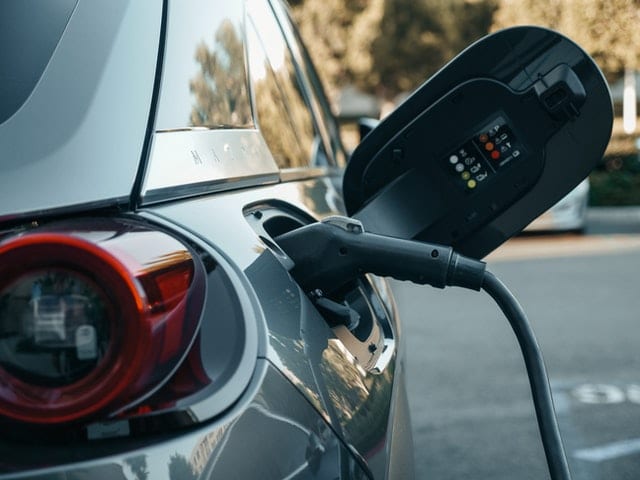
The vehicle-related specific data is a major driving force behind decisions such as investments in charging infrastructure, fleet diversification, and upskilling of drivers. That is how EV fleets are considered close to the “tipping point” of mass adoption. Electric vehicle monitoring enables reliability by detection, diagnosis, and prognosis. Stringent government policies towards emission reduction are […]
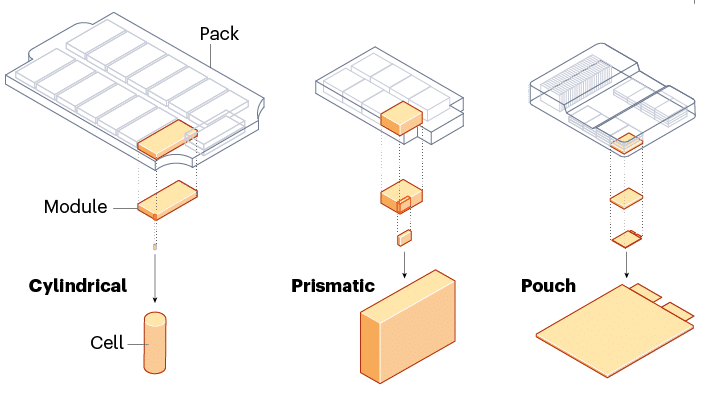
Electric battery management encompasses cell monitoring, charging and discharging control, temperature control, fault analysis, and data acquisition to improve the performance of batteries in electric vehicles, ultimately achieving the automotive grade (AG). Battery in EVs Battery electric vehicles (BEVs) source energy from a lithium-ion (Li-ion) battery pack made of thousands of individual cells. An illustration […]
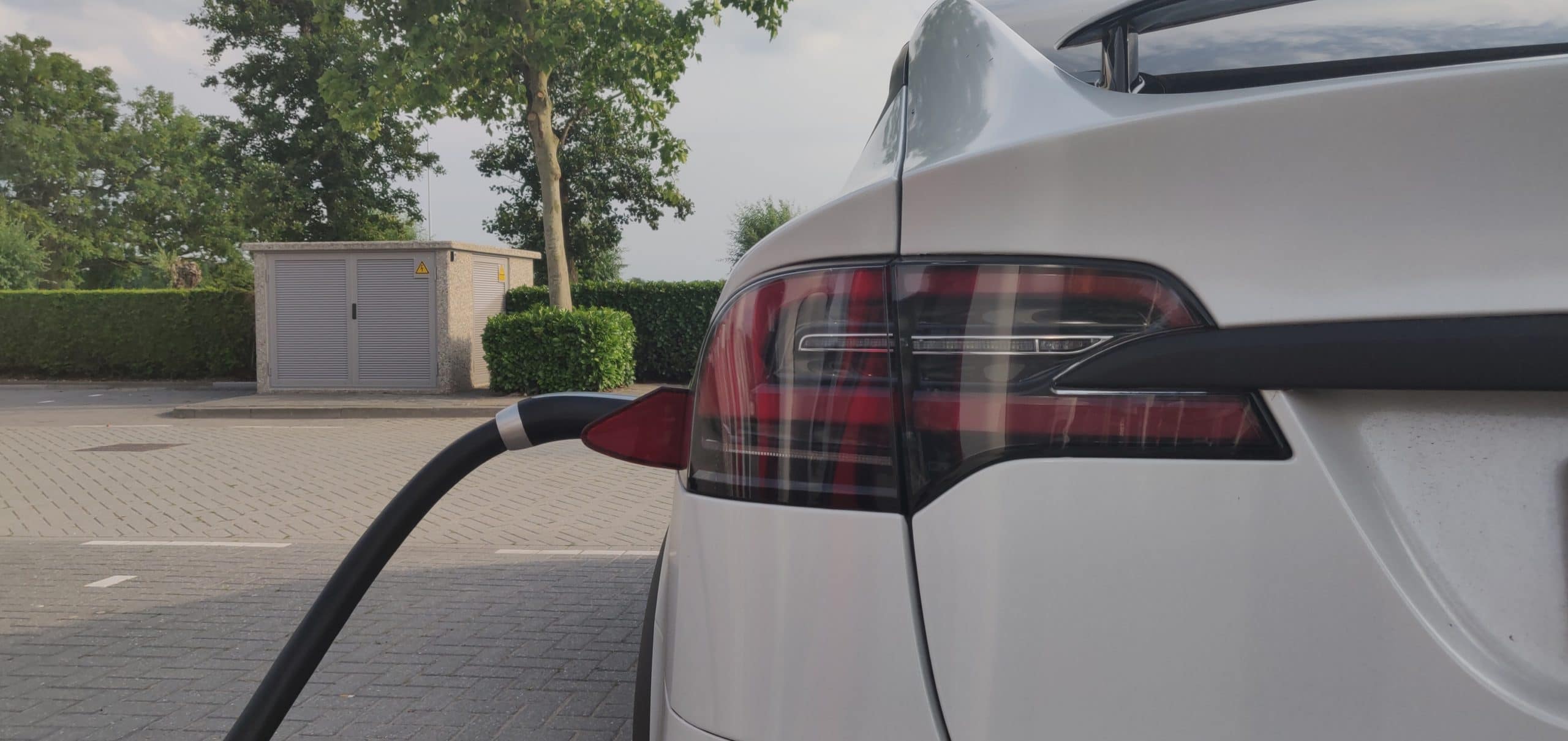
Home charging for fleets can require a process to recoup costs for employees. From working with several councils, we’ve found that 60% of Council staff garage at home. Understanding the options for home charging, therefore, will be critical in the absence of a suitable public charging network. Typically, at home people can install a 3kW […]
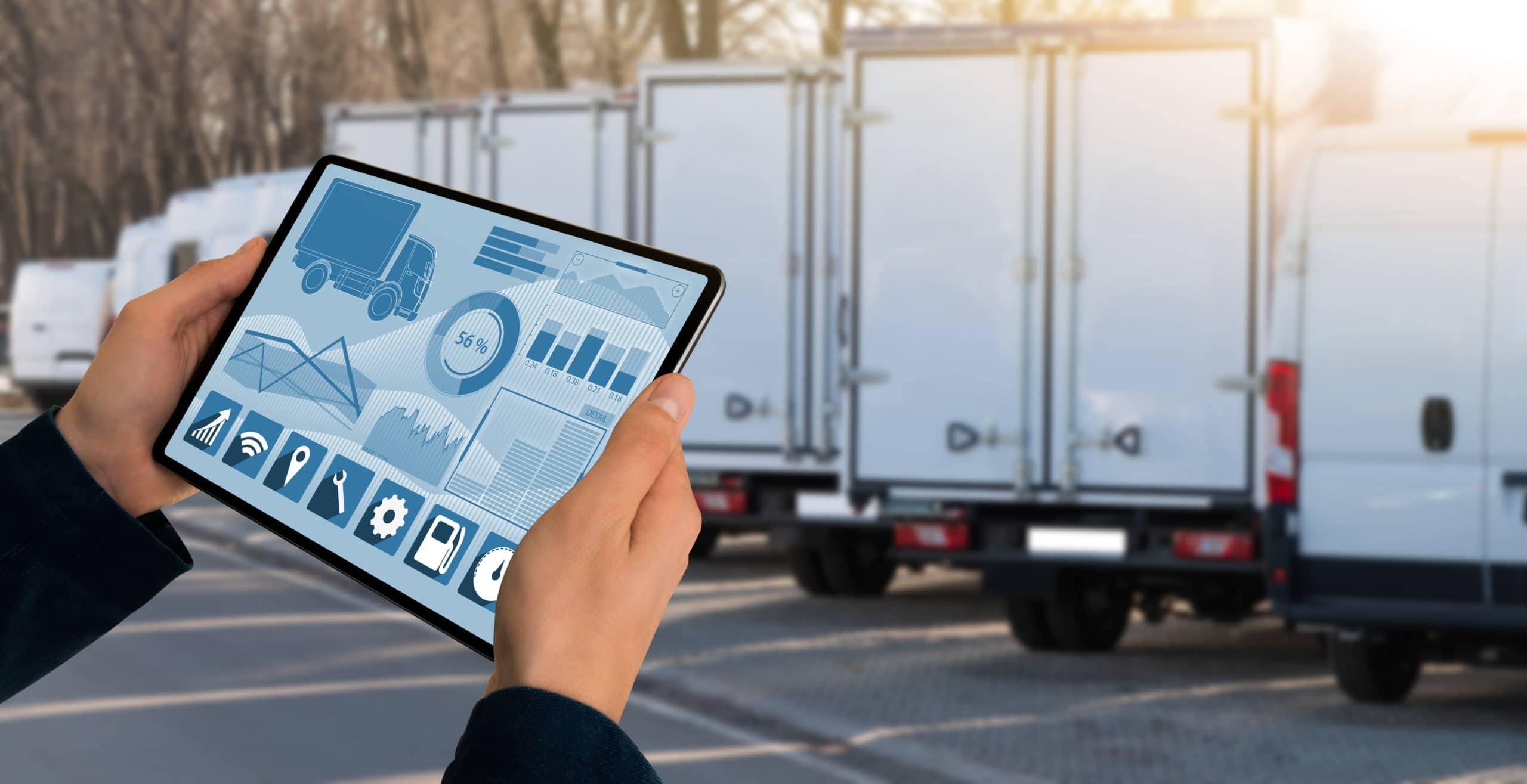
Just like with other types of vehicles, you can maximise the lifespan and operability of your EV, depending on how it is used and maintained.
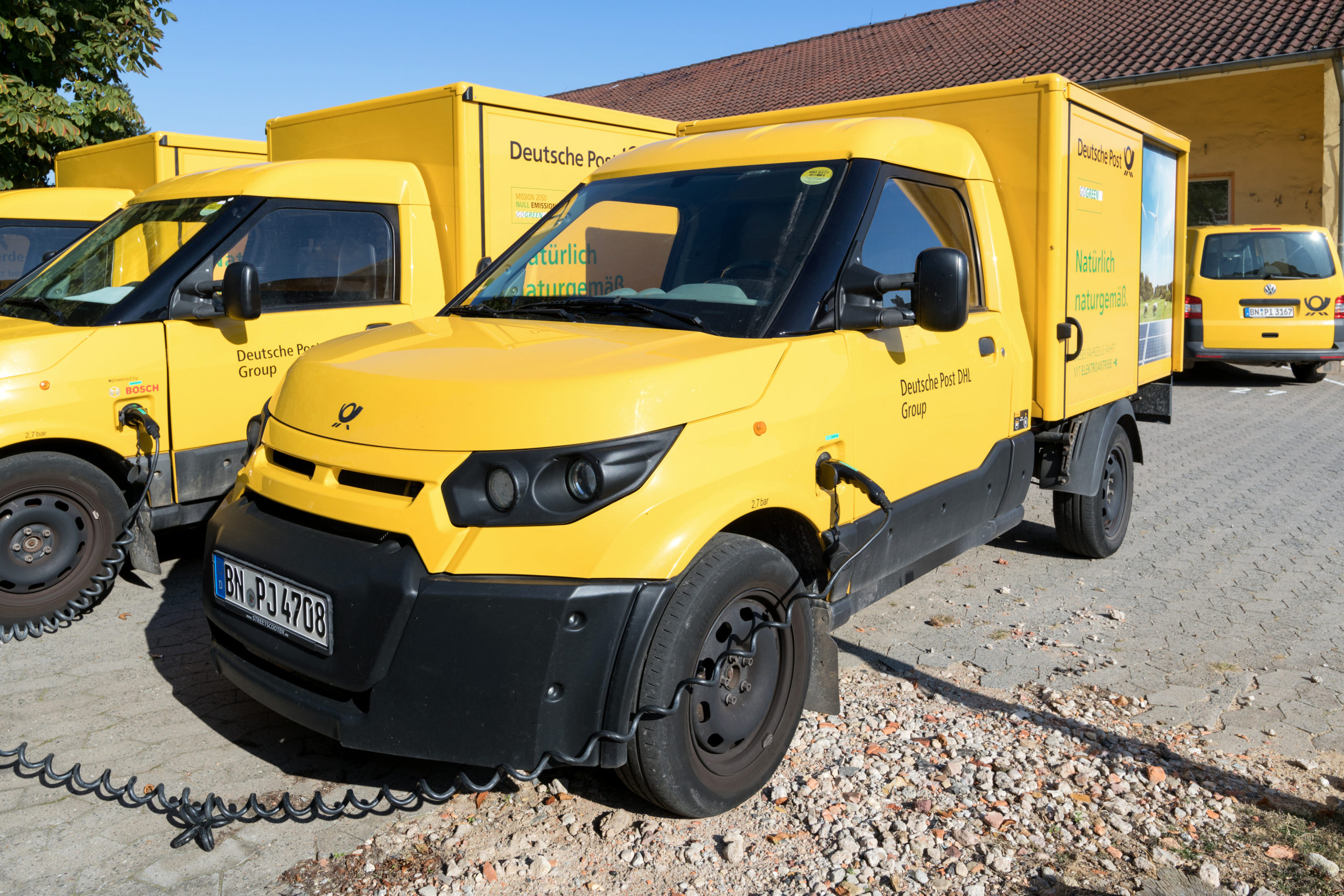
During a fleet transition, ensuring the vehicles are operationally ‘fit for purpose’ should not be compromised when considering electric vehicles. It is essential that fleet assets are suitable for their corporate and operational requirements and also meet occupational health safety and transport legislation obligations in the mobile workplace.
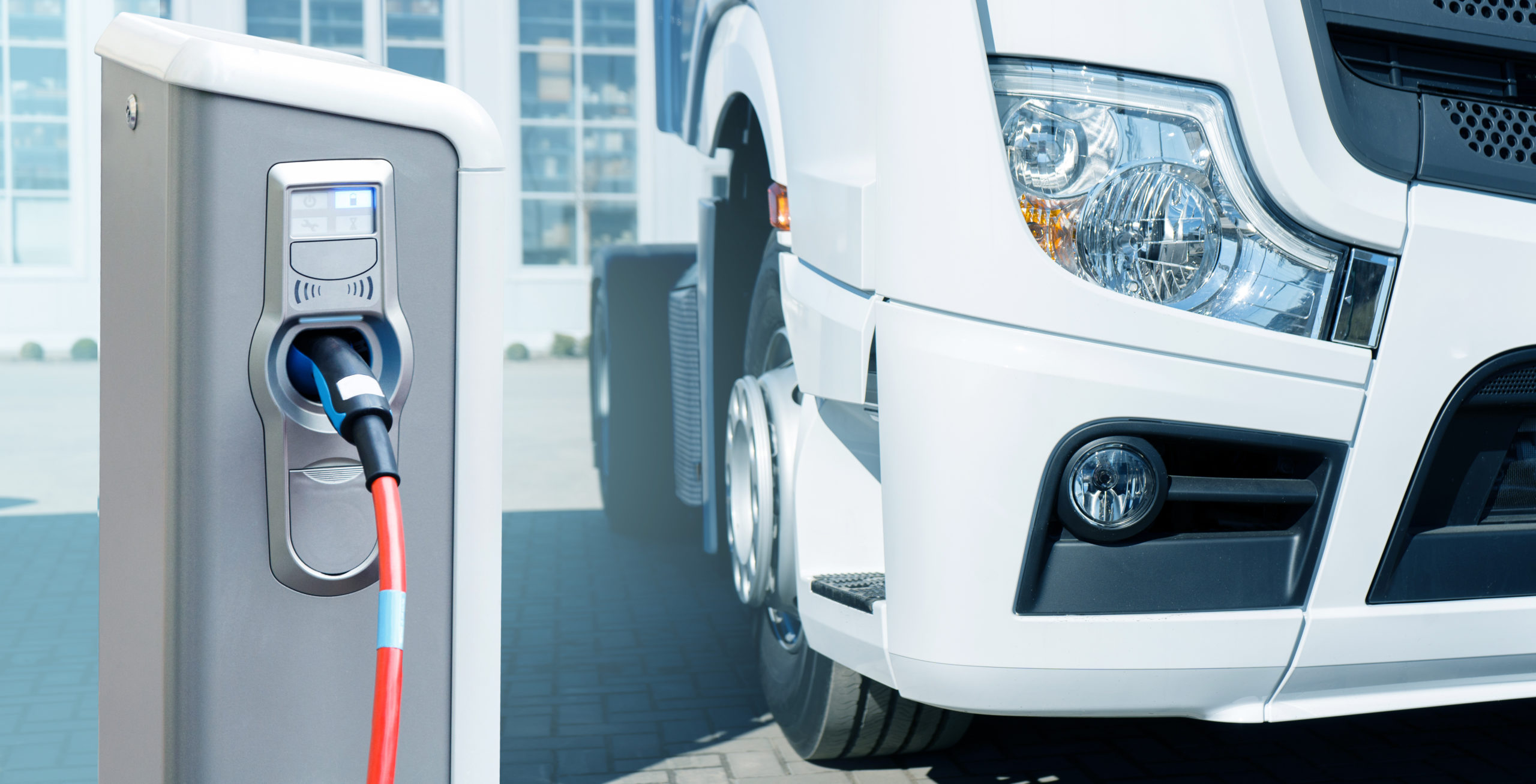
The lithium ion-battery is the most important component of an electric vehicle, as it is the energy source. The battery size is demonstrative of the vehicle’s driving range and charging capabilities. Battery size will also affect the cost of the vehicle.
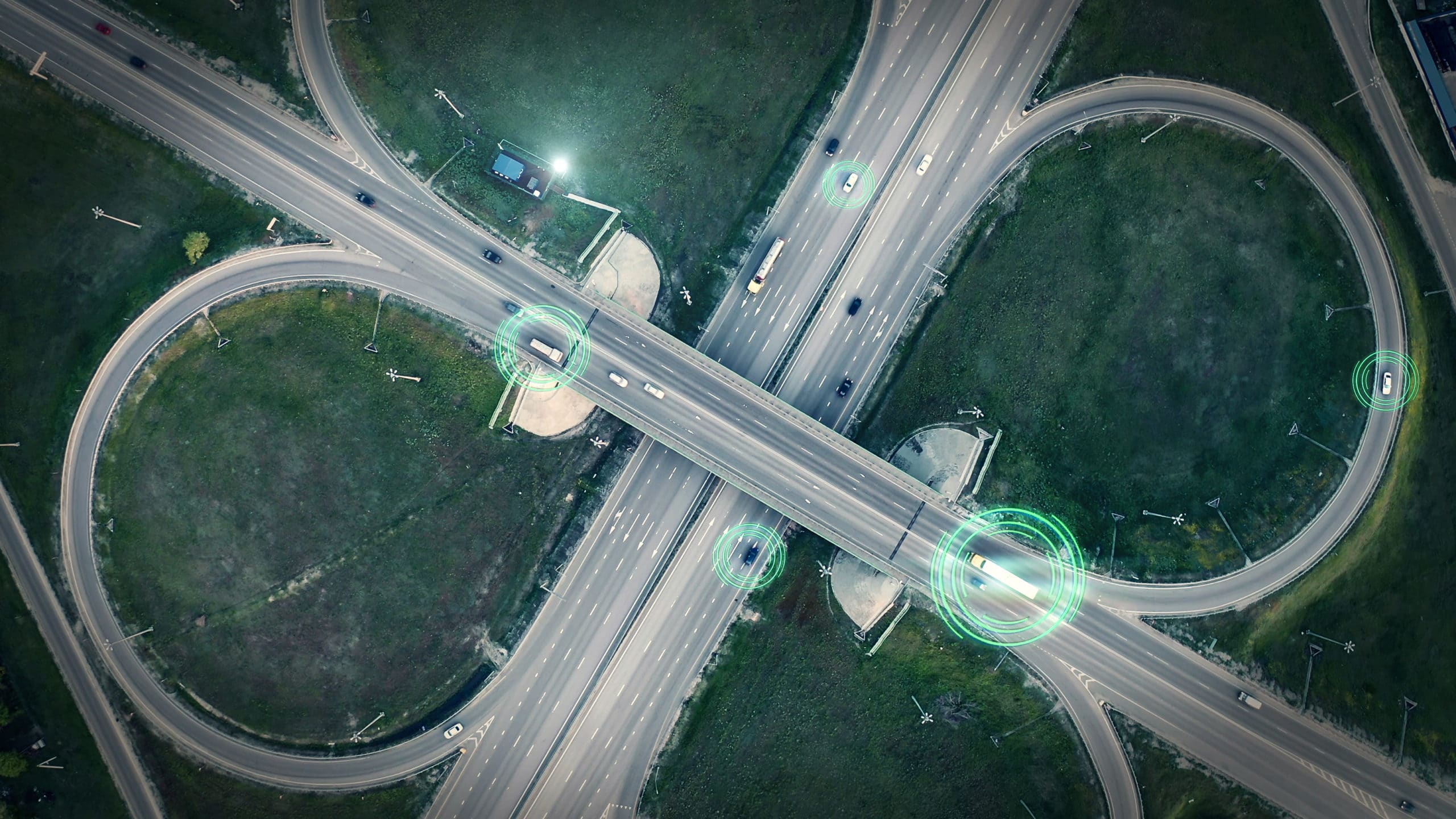
An EV’s driving range can depend on a number of factors including the battery capacity, how the vehicle is driven, the external conditions (e.g. cold or warm weather) and the weight of the vehicle.

With the rapid increase in electric buses around the globe, performance data is starting to emerge. Many municipalities are also conducting their own bus trials to work out how particular buses will perform on their routes. This is giving decision makers more clarity on stated, versus actual energy efficiency (kWh/km) of electric buses. Factors such […]
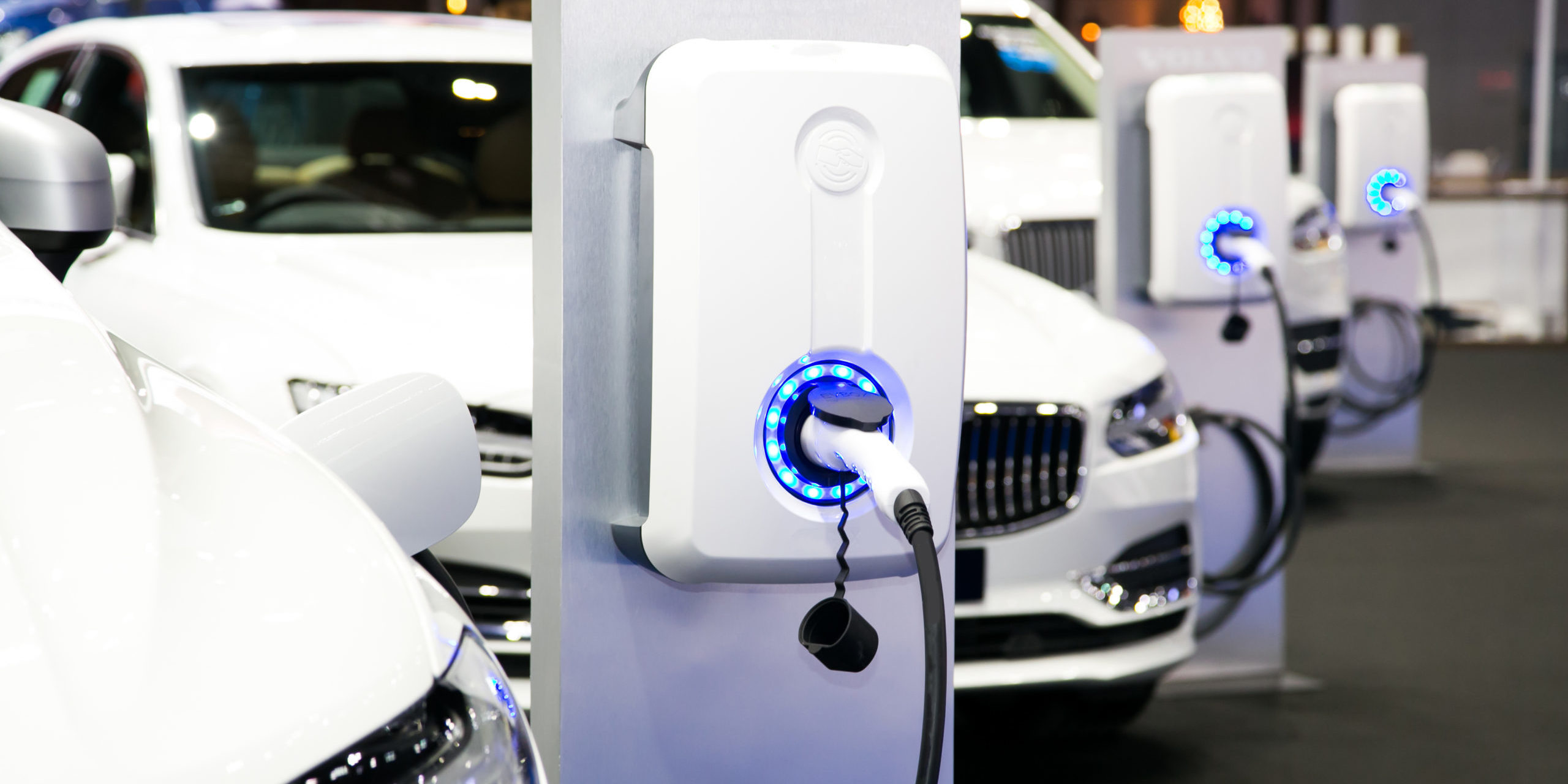
There are more than 80 V2G trials globally, with the majority of trials taking place in Europe where the world’s major automobile companies, distribution network service providers and electric car charger manufacturing companies are collaborating.
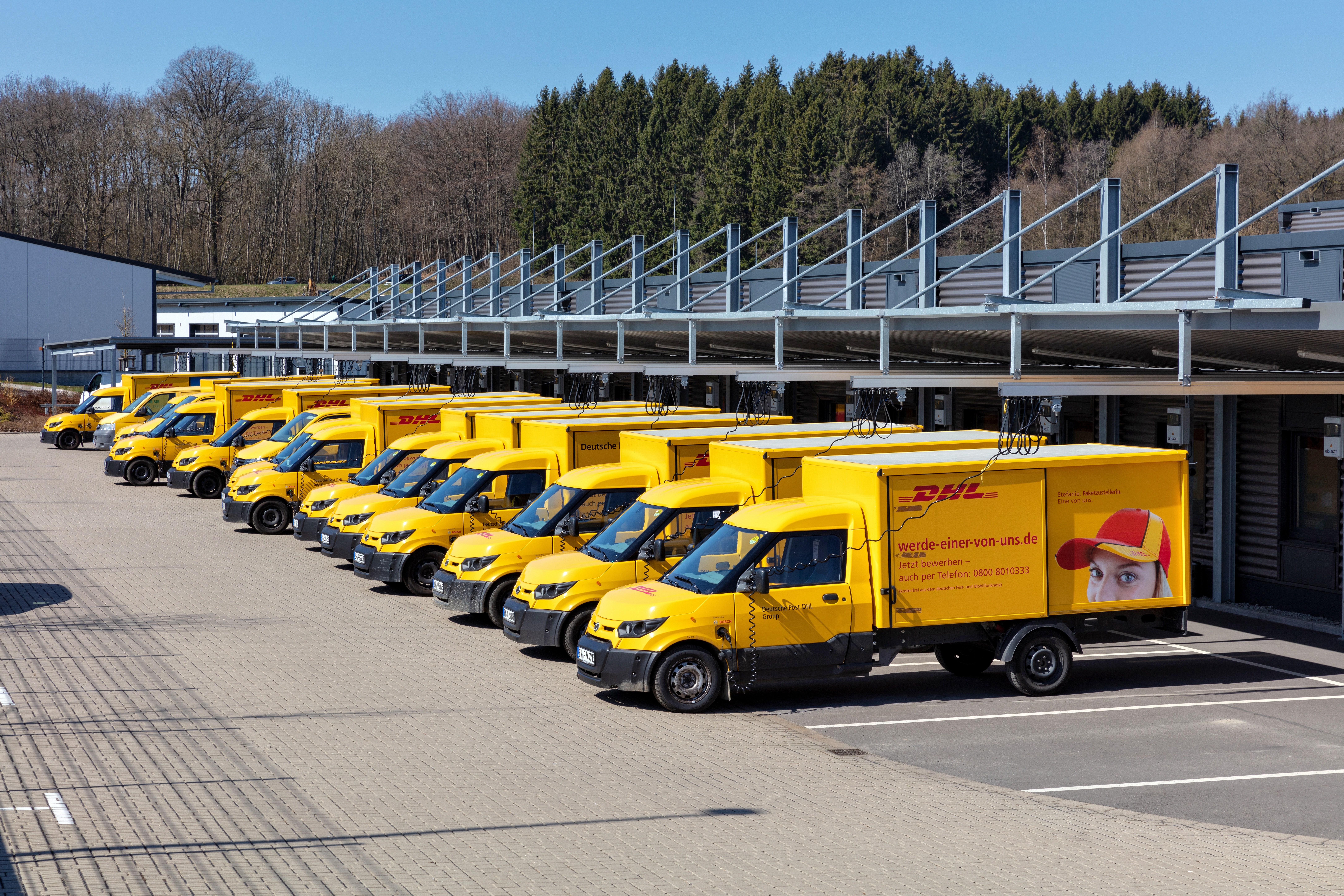
Globally, the truck sector currently contributes to 39% of the transport sector’s GHG emissions, and a total of 5% of all fossil fuel derived carbon dioxide emissions. While currently freight transport accounts for less than half of transport emissions, it is expected to grow by 56%−70% between 2015 and 2050,
